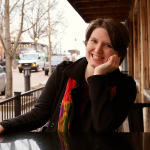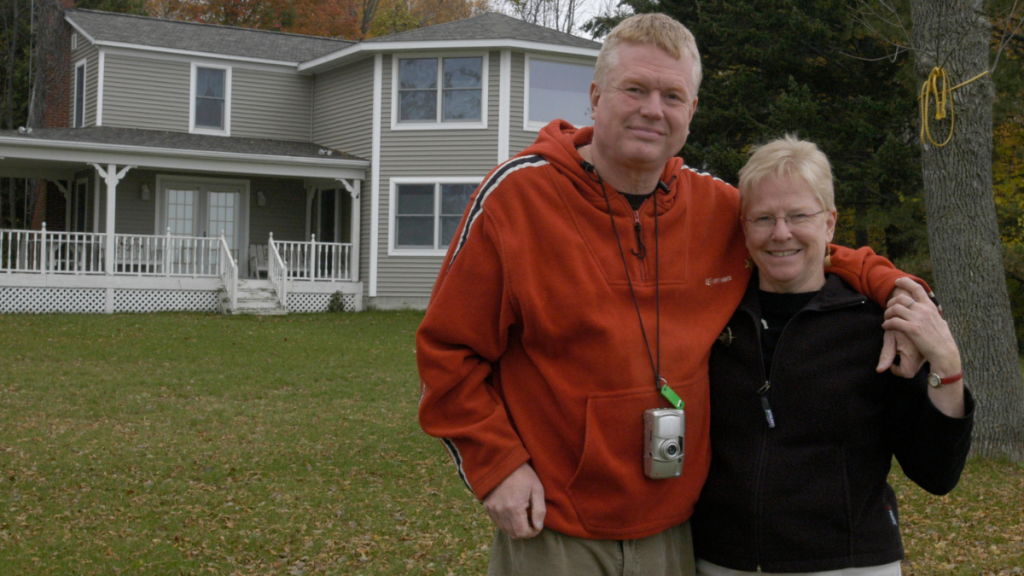This story was submitted to InspireMore by Kathleen Stein of Concord, NH.
Videos by InspireMore
“I adored my younger autistic brother Eddie from the day he was born. One of my hopes as his guardian was to outlive him so I could protect and love him every day of his life. Last year, it was devastating to learn that he had multiple system atrophy (MSA), a rare progressive deterioration of the brain and nervous system.
When Ed died last July, I decided to donate his brain to extend his legacy and advance what we know about the biological causes of autism and related neurodegenerative disorders. It was a priceless gift and a positive way to acknowledge what a wonderful person he was.
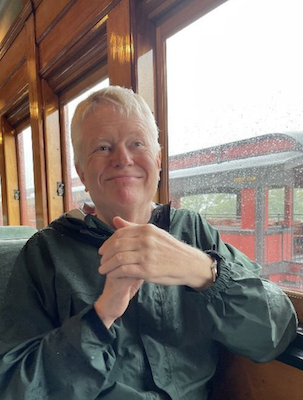
Ed led a rich and happy life, surrounded by a wide circle of friends and family who adored him and appreciated his many interests, quick wit and his big, loving character. He operated the advertising insertion machine at the local newspaper once a week, enjoyed trips to the library where all the librarians knew him, and explored his many interests, including steam trains, travel, photography, musicals, stamps, writing and getting postcards, among many others.
Ed lived gracefully with autism, of which he said ‘autism is a different way of seeing the world.’ Like all autistic people, his experience was uniquely his own and there is still so much we don’t know about autism.
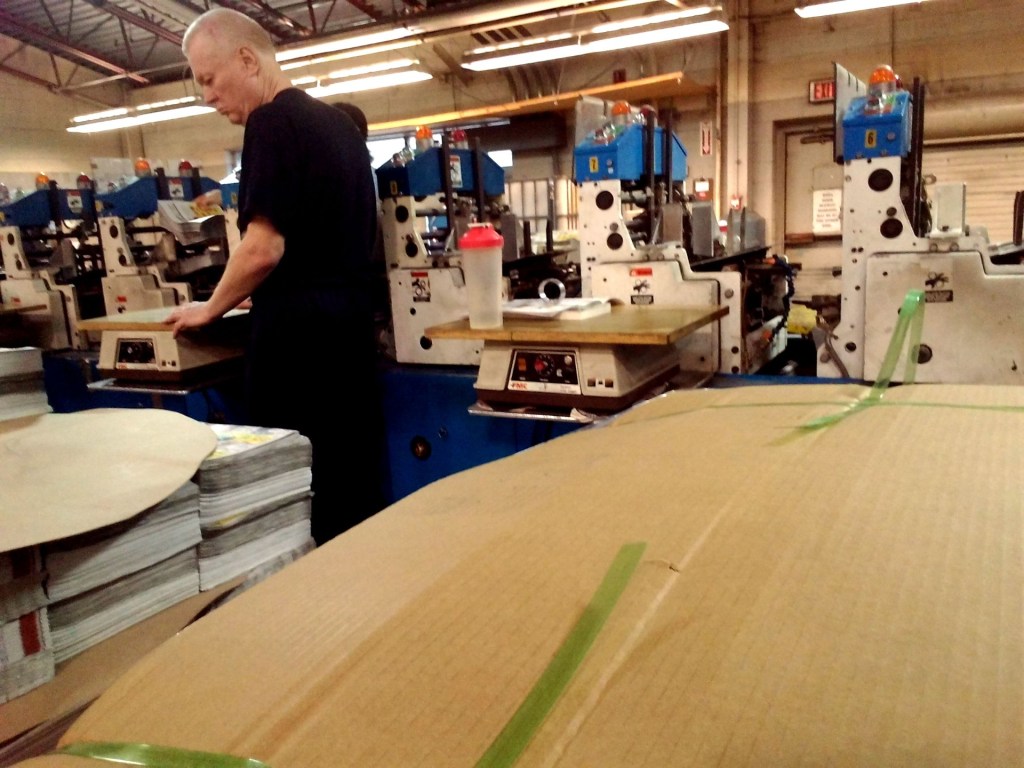
The Early Years
When my brother was born on New Year’s Eve 1956, he was doted on by his four older sisters, particularly when we realized that Ed wasn’t developing like other children. Back in the 1950s, autism wasn’t a coined term nor were there resources to support most families. But our parents worked hard to find the best education and care for him at that time. After living in group homes for many years, Eddie joined a family here in Concord NH and was a treasured and fully engaged member of the family for the last 25 years.
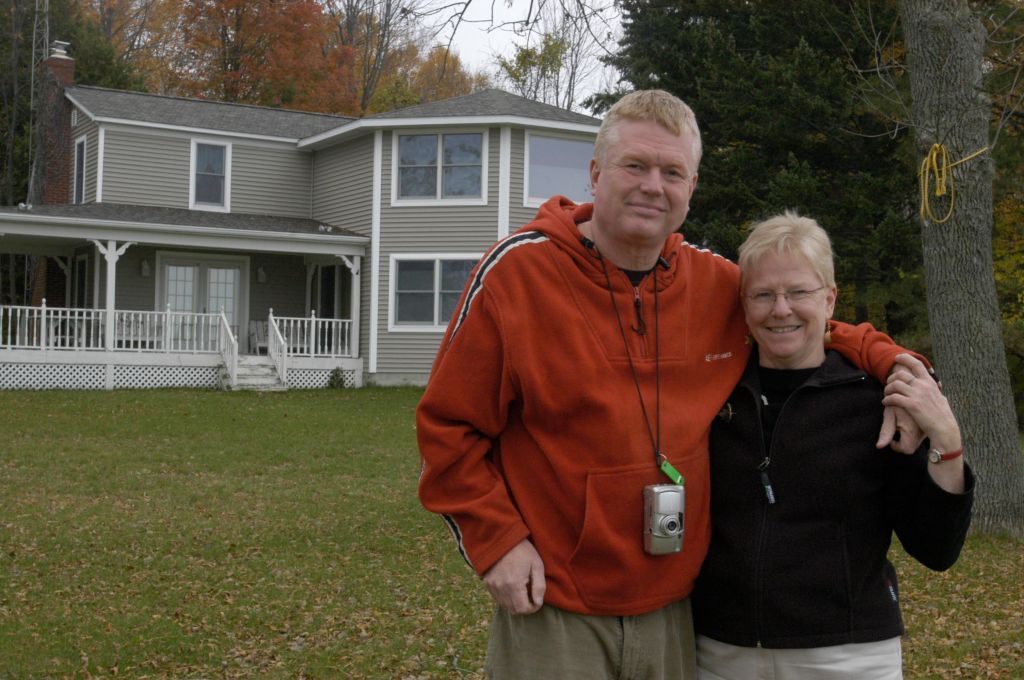
I learned about the opportunity for brain donation through my longtime involvement with autism support groups and research organizations. Autism BrainNet is a program of the Simons Foundation that bridges between the autism community and research scientists worldwide who are dedicated to a greater understanding of autism and related neurodevelopmental disorders.
How Does Brain Donation Work?
They facilitate the collection, processing, and storage of postmortem brain tissue and then thoughtfully evaluate which research studies merit to receive samples to study. The gift of one brain can support hundreds of research studies for decades when stored under the program’s rigorous process. What researchers learn from brain tissue cannot be replaced by AI or imaging equipment.
Brain donation is not the same as organ donation, and it’s not part of the registries that you can sign up for at the department of motor vehicles. Hence, pre-planning is essential to avoid making stressful decisions when a loved one is in crisis. It’s a great help to families that Autism BrainNet takes on all the responsibility once a family has consented to donation, and there is no cost to families.
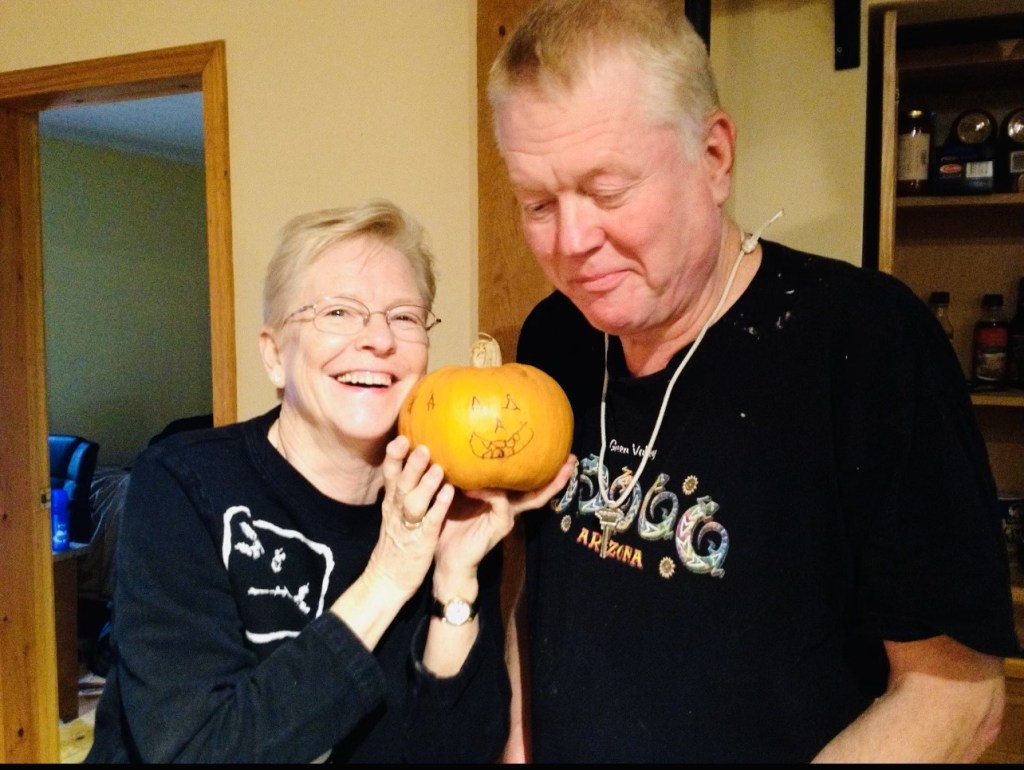
Ed’s Legacy Lives On
What’s especially lovely is that after the donation, the clinical team asks to learn everything about the donor and keeps this information on file — alongside the genetic and biologic studies — so that future researchers can fully understand who a person was, how they lived their life, and what made them unique. People with autism, related disorders, or even ‘typical’ brains can donate to the organization.
Toward the end of his life, Ed said to me, ‘I am a very happy man because I have a wonderful life.’ I know he would be glad that his brain is helping the autism community learn more about their special way of experiencing the world. To learn more about Autism BrainNet visit www.autismbrainnet.org.”
Thank you, Kathleen, for taking the time to share your story with InspireMore and our beloved readers. May Ed’s wonderful life, and selfless brain donation, continue to positively impact the world for many years to come!
The featured image for this article was provided by Kathleen Stein.
Want to be happier in just 5 minutes a day? Sign up for Morning Smile and join over 455,000+ people who start each day with good news.

